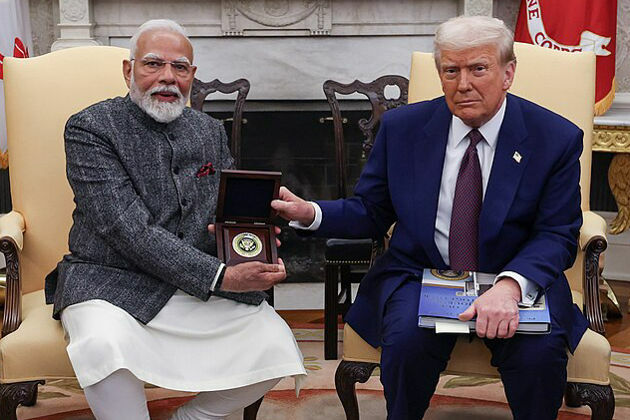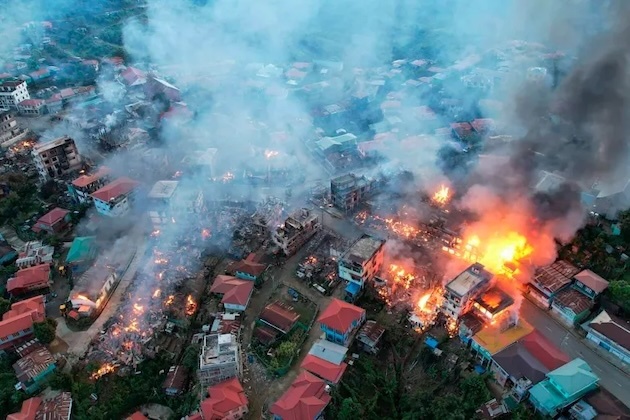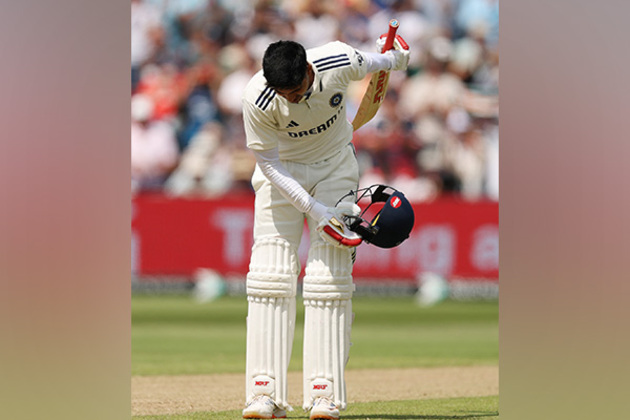Burned by last crisis, Zimbabweans seek to shelter their savings
News24
09 Nov 2019, 11:44 GMT+10

Archford Vheremu, a 67-year-old pensioner, says he received a meagre pension payout when he retired 12 years ago.
"I got around $1.8m Zimbabwean dollars in 2007 as my pension payout," he told Al Jazeera. "The following year, all that money lost its value."
His savings decimated, Vheremu believes it's unlikely he'll ever retire, despite his advancing years. "I still have to work to survive at my age," he said.
But hyperinflation is not the only menace to future financial security for Zimbabweans who are trying to save for retirement. The government compels all pension funds to invest a minimum of 20% of their assets - known as "prescribed assets" - in government-approved bonds.
These fixed-income instruments pay periodic interest payments and then return the full amount originally invested (also known as the principal) when the bond matures.
Zim considers wage and price freeze as workers go on strike
Fixed-income assets provide a steady rate of payment, which is beneficial when prices are stable. But when there is runaway inflation, as there is in Zimbabwe, the interest paid on a fixed-income instrument can fall far behind rising prices.
"Normal prescribed assets that have been issued by the government, if they are fixed-income securities, don't work in a hyperinflation environment," said Motor Industry Pension Fund chief Raymond Manhika. "They just erode value."
"It's like putting your money in the bank for a rate of 5% when there is a hyperinflation," Manhika told Al Jazeera. "It's a negative real return. That is precisely how the prescribed assets issued by [the] government were structured."
Manhika pointed to the example of a housing bond with a 12-year maturity that he says all pension funds were required to buy.
"We invested into that bond for a fixed interest rate for 12 years," he said. "Now look at it. The rate [of interest it pays] is 7.5%" - a pittance considering that overnight lending rates in Zimbabwe have soared to 70%.
Prescribed assets
As of June, the country's insurance regulator, the Insurance and Pensions Commission, said a total of 510 million Zimbabwean dollars (worth US$25m, at commonly used black-market exchange rates) had been invested in prescribed assets. That figure is less than half of the compulsory 20% minimum mandated by the government.
The pension industry asset base increased by more than 30% between March and June 30 to reach 7.04 billion Zimdollars ($350m), thanks largely to rising values for investment property and equities - both of which are attractive to investors and fund managers looking to hedge against a falling currency.
Following public outrage over eroded pension values during Zimbabwe's last economic crisis - which ended with dollarisation in 2009 - former finance minister Patrick Chinamasa reported to Parliament on the devastating impact of hyperinflation on retirement savings.
"Most complainants indicated that their pensions were reduced from several hundreds or thousands of dollars to a few US cents," he said. "One pensioner showed a pension cheque of $0.08 sent to him by a life insurance company in 2014 as settlement of a life policy, and no explanation was offered on how such a figure was arrived at."
With Zimbabwe's economy descending into crisis again, some fund managers are flaunting the controversial investment regulations this time around.
Even ordinary Zimbabweans with funds under the care of big asset management firms have been withdrawing their money and investing in asset classes such as real estate that they feel will preserve the value of their retirement savings.
Jonas Mushosho, the former chief executive of pension management firm Old Mutual Zimbabwe, told analysts and journalists in Harare last month that a number of investors are now withdrawing funds, rather than seeing them eroded by fixed-income investments that fail to keep pace with the country's inflation.
"A lot of our customers who had parked money with us withdrew their money in order to buy foreign currency on the interbank market," said Mushosho, who left his position shortly after making this pronouncement.
Speaking beside Mushosho, Old Mutual chief investment officer Marjorie Mayida said her company - one of Zimbabwe's largest pension managers - was investing primarily in stocks and property as well.
 Share
Share
 Tweet
Tweet
 Share
Share
 Flip
Flip
 Email
Email
Watch latest videos
Subscribe and Follow
Get a daily dose of Asia Pacific Star news through our daily email, its complimentary and keeps you fully up to date with world and business news as well.
News RELEASES
Publish news of your business, community or sports group, personnel appointments, major event and more by submitting a news release to Asia Pacific Star.
More InformationAsia
SectionTrump signals progress on India Trade, criticizes Japan stance
WASHINGTON, D.C.: President Donald Trump says the United States could soon reach a trade deal with India. He believes this deal would...
Dalai Lama to address Buddhist conference, reveal succession plan
DHARAMSHALA, India: The Dalai Lama is set to address a significant three-day conference of Buddhist leaders this week, coinciding with...
Beijing crowds cheer AI-powered robots over real soccer players
BEIJING, China: China's national soccer team may struggle to stir excitement, but its humanoid robots are drawing cheers — and not...
COVID-19 source still unknown, says WHO panel
]LONDON, U.K.: A World Health Organization (WHO) expert group investigating the origins of the COVID-19 pandemic released its final...
UN Demands End to Myanmar Violence as Junta’s Election Plans Risk Further Instability
Nearly three months after a devastating earthquake struck Myanmar, the country remains trapped in a deepening crisis, compounded by...
Numbers etched in history: A deep look into Gill's historic Birmingham outing with the bat
Birmingham [UK], July 5 (ANI): Indian skipper Shubman Gill concluded a record-breaking Birmingham Test against England with breathtaking...
Business
SectionEngine defect prompts Nissan to recall over 443,000 vehicles
FRANKLIN, Tennessee: Hundreds of thousands of Nissan and Infiniti vehicles are being recalled across the United States due to a potential...
Microsoft trims jobs to manage soaring AI infrastructure costs
REDMOND, Washington: Microsoft is the latest tech giant to announce significant job cuts, as the financial strain of building next-generation...
Stocks worldwide struggle to make ground Friday with Wall Street closed
LONDON UK - U.S. stock markets were closed on Friday for Independence Day. Global Forex Markets Wrap Up Friday with Greeback Comeback...
Nvidia briefly tops Apple’s record in AI-fueled stock rally
SANTA CLARA, California: Nvidia came within a whisker of making financial history on July 3, briefly surpassing Apple's all-time market...
ICE raids leave crops rotting in California, farmers fear collapse
SACRAMENTO, California: California's multibillion-dollar farms are facing a growing crisis—not from drought or pests, but from a sudden...
Trump signals progress on India Trade, criticizes Japan stance
WASHINGTON, D.C.: President Donald Trump says the United States could soon reach a trade deal with India. He believes this deal would...












